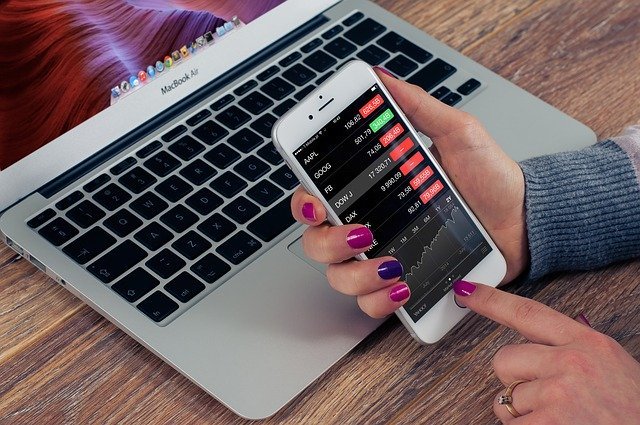Managing finances in 2020 is a long process that will take time to achieve, particularly as a financial emergency can take place at any time. But with some simple planning as well as financial forecasting for the year ahead, you can put a simple plan in place. In this article, we will be providing you with 7 simple ways that you can manage your finances in 2020.
Start An Emergency Fund
When looking to manage your finances, charting your income and creating an emergency fund. Whether is calculating it in a notebook or using an excel document, this can help you to generate an emergency fund plan that you can follow closely. When this has been completed it is then time to set an emergency savings goal. This fund should cover as much as three to six months should anything go wrong to keep you from being financially unstable. When this is complete, you can then begin saving for a long-term goal. However, for those that are unable to achieve their emergency fund in time, there is the option for easy loans in the UK. These can provide you with the funds you need quickly to get you out of financial difficulty.
Improve Your Credit Score
Another step that you can take to manage your finances is to improve your credit score. There are a number of ways that you can improve this, one of which is looking for any incorrect information. Any information such as an address or postcode that is wrong could harm your credit score. In addition to this, ay debt or court rulings will also appear on your credit score. Therefore, it is important to make sure you limit the debts that you have as well as the negative marks against your name.
Organise Your Debts
If you do have a vast amount of debt, your next step should be to clear as much of this as possible. Though this may seem like an impossible task, this will benefit you in the long term. Whether this is a set amount per month or a lump sum, this can begin to improve your credit score over time and show that you are able to manage your money and pay off debts over time. As long as you are able to pay off these debts continuously you will then begin to positively impact your credit score.
Set Up Direct Debits
If you are looking to save setting up a direct debit on payday to a saving account may benefit you in the long term. The money will then be paid into your account directly, allowing you to save just a little bit every month. Though this will take time to save a substantial amount, these direct debits will provide you with what you need to begin saving effectively.
Monitor Your Outgoing Payments
In addition to setting up a direct debit, monitoring your outgoings can also help. This will allow you to look at what you are spending your money on and cut out what you do not need to spend. Whether this is using an app or monitoring your spending manually, this can help you to save money in the long term without having to completely cut out all expenses.
Set Yourself A Budget Per Activity
If you are looking to make a few simple changes to your daily spending, it may be worth setting yourself a budget per activity. Whether it is a budget for eating out or a budget for leisure activities, this will help you to monitor spending habits and open up more funds for you to save. Though this may seem difficult at first, it is important for you to stick to it as this will help you to make the most out of your monthly budget.
Download A Finance App
The final way that you can manage your finances is by downloading an app. Whether you opt for an app such as Money or Monzo or you take matters into your own hands with mobile banking, you can save money in the long term. This can be used to set budgets and organise direct debts to make sure that you are spending your money wisely. In addition to this, some applications on the market will provide you with financial help and guidance with a designated service. This is ideal for those that are looking to save money as this can provide you with the same guidance that a bank could give without even needing to leave your home.
With this in mind, there are a number of ways that you can manage your finances in 2020 without having to leave the house. Though this can take time, this will benefit you in the future to achieve financial stability by the end of the year. Which of these will you be using first?


